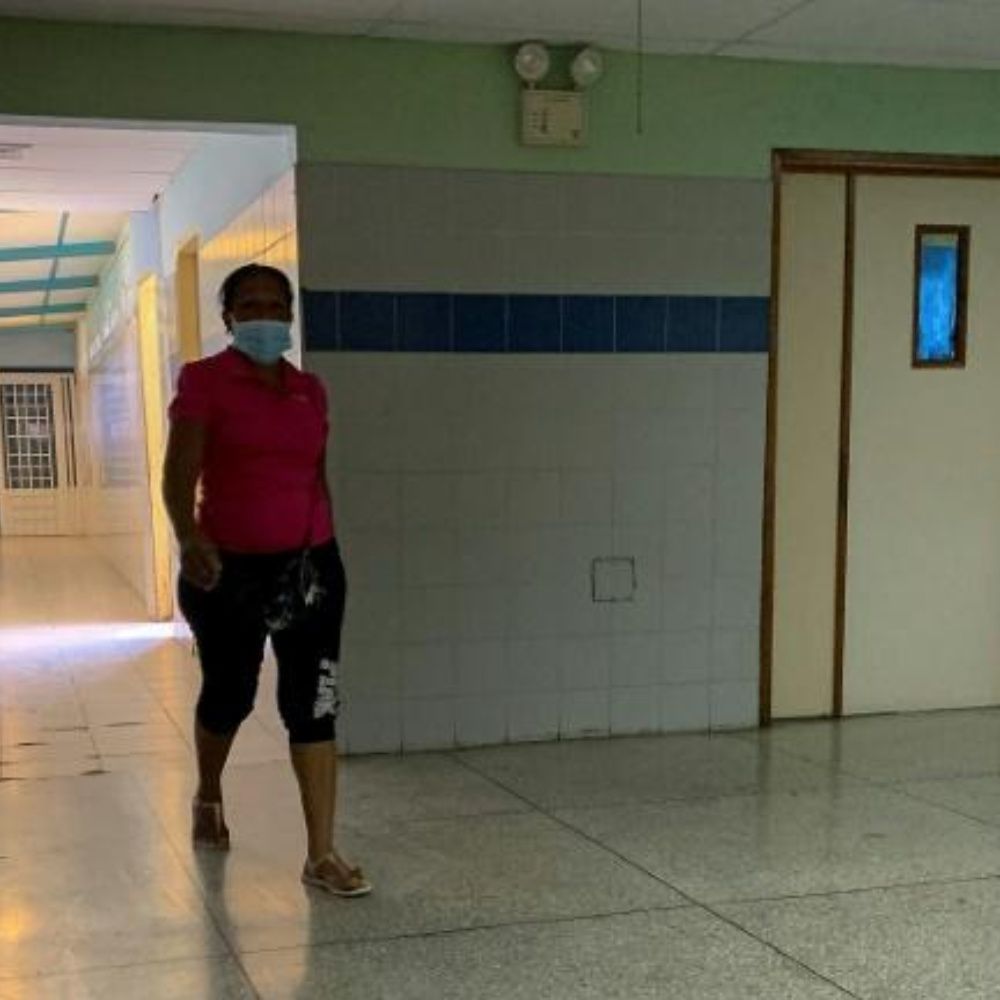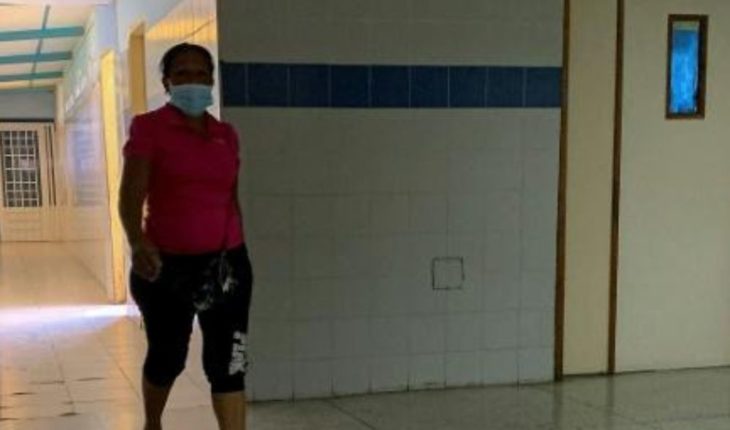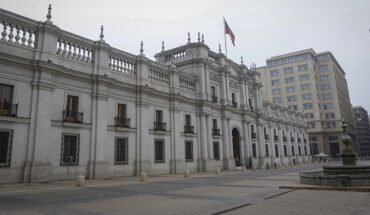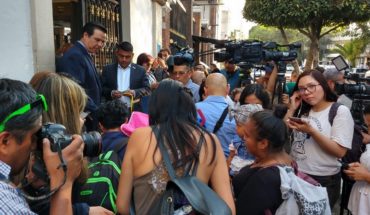
The arrival of the coronavirus in Venezuela fears a health disaster in a country whose essential public services are in critical condition. At the University Clinical Hospital in Caracas, patients are greeted in poorly lit corridors while officials carry water pots that have long failed to run through the pipes. That hospital is one of 46 that the government set out to deal with the pandemic under military supervision.
In Venezuela, which has been in the worst economic and social crisis in its recent history for seven years, 33 CASES of COVID-19 have been recorded since the coming year without any deaths. President Nicolás Maduro has arranged a general quarantine of the country from Tuesday. Flights abroad are almost completely suspended, education paralyzed and the population forced to stay at home except for activities considered essential.
Maduro had a general country quarantine from This Tuesday. / EFE.
For specialists, Venezuela lacks a health system “capable of responding” and “less in a contingency like this,” José Félix Oletta, a former health minister, told AFP.
Only 35% of the country’s hospitals have running water, he said. In 53% of them there were no caps at the beginning of March and 90% then lacked a protocol for coronavirus, according to a survey by the NGO Doctors for Health.Oletta estimates that in a “moderate, mild” scenario, between 1,000 and 1,500 patients would have to be hospitalized. But in those government-chosen hospitals, there are only 206 beds of intensive care, according to the Network We defended the National Epidemiology.In turn, half of those beds are concentrated in Caracas, according to that network.- “Carnicería” – Entities and governments, say that Venezuela, once an oil power, is experiencing a humanitarian crisis that has generated almost five million immigrants after six years of political upheative squabrations that reduced the economy by 65%. Jan Egeland, secretary general of the Norwegian Refugee Council, equated Venezuela with Syria and Yemen and has a disaster.” There will also be carnage when the virus reaches regions of Syria, Yemen and Venezuela where hospitals have been destroyed and health systems collapsed,” he said. The public health system was not “prepared” to prevent the return to Venezuela of eradicated diseases, such as malaria, and is not now with the coronavirus, says María Graciela López, president of the Venezuelan Society of Infectología.Se reported “doctors who have not had caps to care for patients,” he said. Like the internists, Margot Monasterios, administrative officer of the Clinical Hospital of Caracas, works without gloves or caps and says that she has become sick from the lack of hygiene.” There is dirt, dust, and so that staff can clean give you water, not detergent or chlorine. What’s the point of cleaning up with water?” he asks. – “We have nothing” -In The town of Goiria, a village whose shores face the island of Trinidad and Tobago, about eight doctors and six nurses care for about 100 patients a day.” We don’t have implements of any kind,” one of the doctors tells AFP, on condition of anonymity. Nearby a diabetic is lying on a stretcher, crying, untreated.” We have nothing to detect” the coronavirus, says that doctor, because “allegedly” the tests have to go and look for them in the city of Cumaná, which is six to eight hours between roads in poor condition and fuel shortage.
Damaged medical equipment at the hospital in the go of the house, in the general house, Venezuela, on March 14, 2020. / AFP.
– “It’s very scary” -The doctors’ own health is in danger.” We are at risk of death,” said the president of the Venezuelan Medical Federation, Douglas León Natera.That fear is reflected in absentianism: at least “half of the workers in general, professional or not,” Leon Natera told the AFP. Fewer and fewer people are seen in white robes through the dark corridors of the University Clinical Hospital. And Monasteries gives an account of fear.
I’m a warrior woman, but I’m very afraid,” she confessed.





